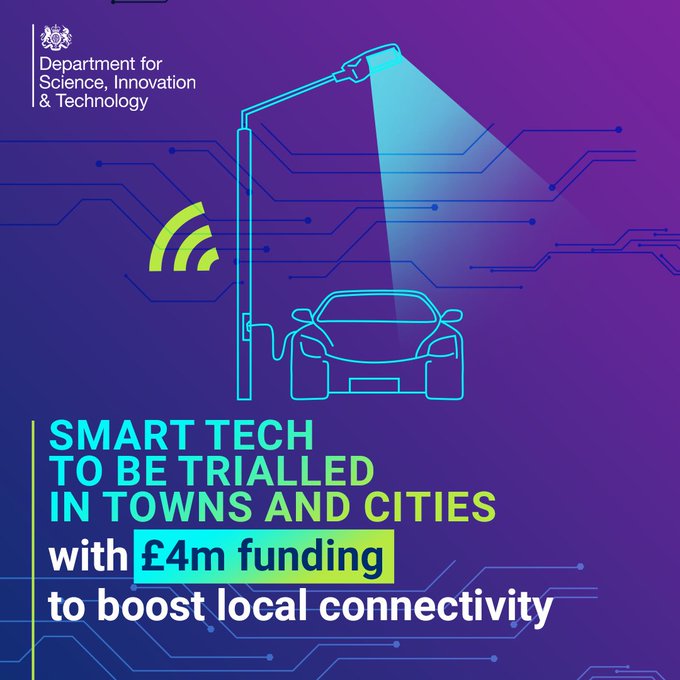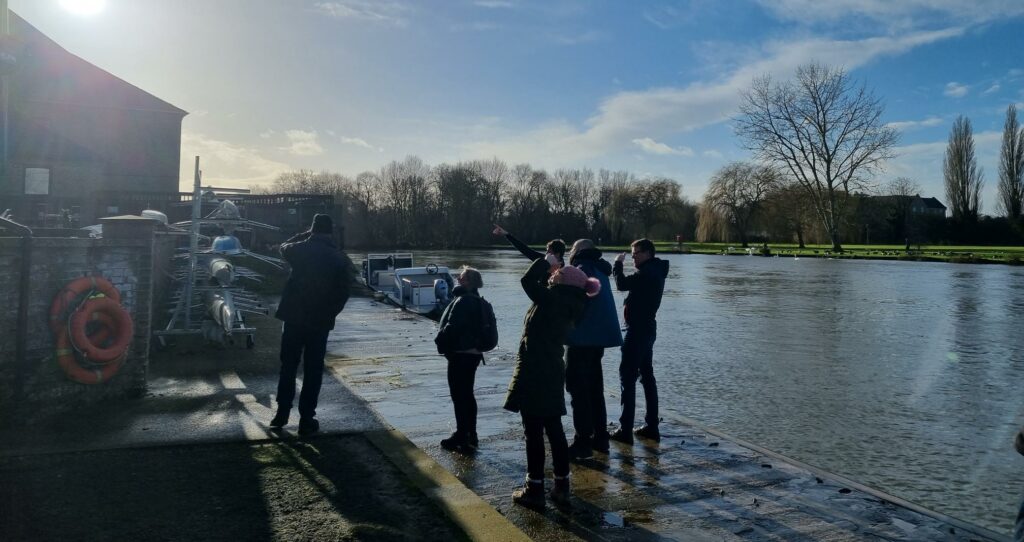CSIC and Smart Cambridge plan to improve journeys to work

The future of commuting into Cambridge, including how congestion can be reduced and air quality improved, will be explored as part of a new academic and local authority collaboration.
University researchers are working with officers from Cambridgeshire County Council’s transport, sustainability and planning departments to plan how digital technology and data can be used to support decisions and make improvements.
The collaboration, between the Centre for Smart Infrastructure and Construction (CSIC), based at the University of Cambridge, and Smart Cambridge, a programme supporting the Greater Cambridge Partnership, will now focus on delivering a digital twin prototype, combining traditional urban modelling techniques, new data sources and advanced data analytics.
The prototype will include the recent trends of journeys to work in Cambridge, including how people of different ages and employment status travel to work and how different factors affect their travel. It will also explore future possible journeys to work based on transport investment, housing developments and how flexible working and new technology may impact commuting. A web-based modelling platform will also visualise future development options and give people an opportunity for feedback.
Dr Timea Nochta, from CSIC, said: “We led a very useful workshop with council officers in December which helped us to understand local requirements and how we can deliver a digital twin prototype which responds to imminent city challenges and supports the policy goals of improving air quality and reducing congestion.
“We are now working on the prototype and will deliver an initial version in eight weeks. We will continue to develop it alongside the council so that it can be used to its full potential and so that officers feel confident in asking the right questions for technology to answer.”
Claire Ruskin, Executive Board Member for the Greater Cambridge Partnership, and CEO of Cambridge Network, said: “We have worked together to collect and understand information before, and Smart Cambridge is delighted to be working with University teams again. We can begin developing next-generation tools for supporting plans and policies to give people alternatives to their cars to help improve journeys, reduce congestion and improve air quality in Greater Cambridge.”
Dan Clarke, Strategy and Partnerships Manager for Smart Cambridge said: “Digital twins have the potential to help cities develop more holistic policies which will assist in addressing some of the very real challenges urban areas face such as congestion, pollution and the need to become more sustainable.”
To see how the digital twin prototype is developed and get involved, follow CSIC and Smart Cambridge on Twitter.
This project has been funded by the Ove Arup Foundation and the Centre for Digital Built Britain.
The work of Smart Cambridge is supported by the Connecting Cambridgeshire programme, led by Cambridgeshire County Council, with investment from the Greater Cambridge Partnership.
Related Posts

Connecting Cambridgeshire secures £220K funding from Smart Infrastructure Pilots Programme competition

Public and private sector unite to research self-driving vehicles in Cambridge

